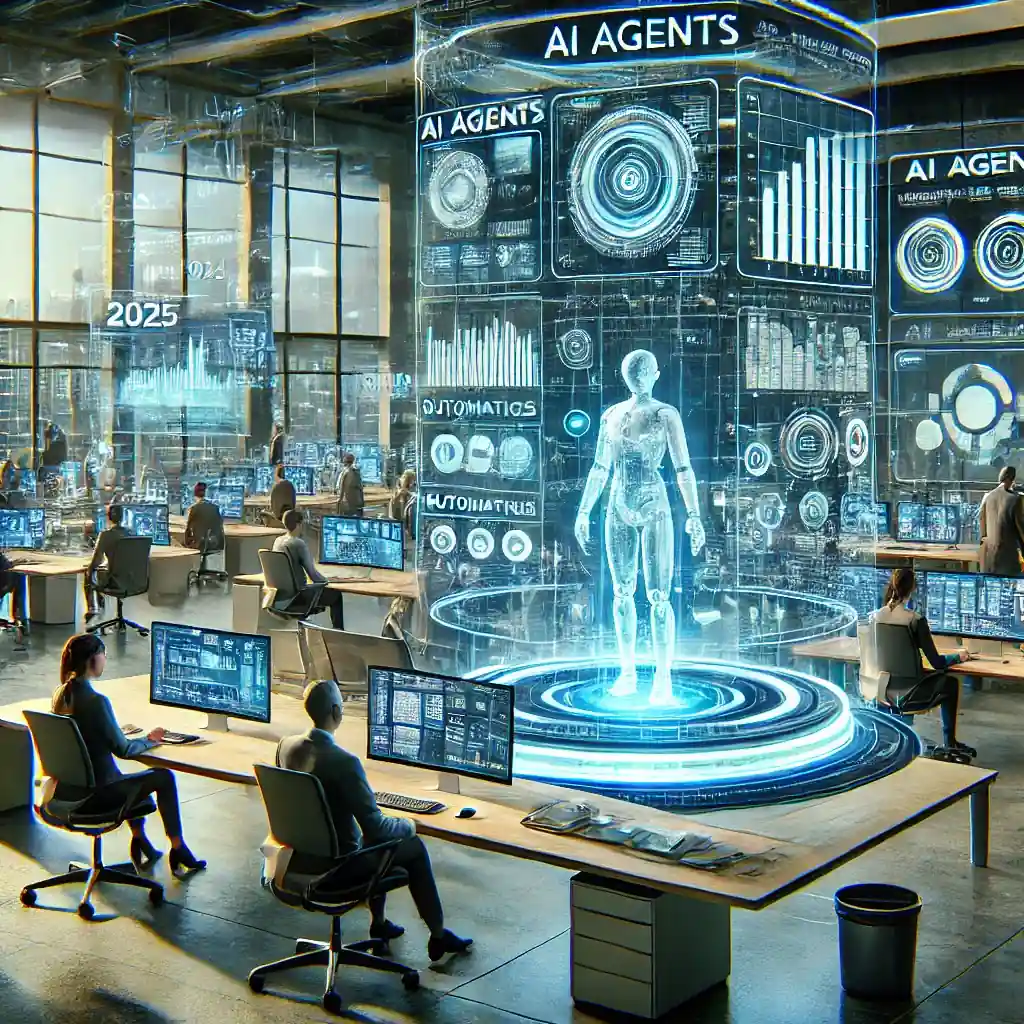The Rise of AI Agents in 2025
AI agents are set to transform workflows by automating complex, multi-step tasks. Companies like Google, Microsoft, and Nvidia are betting big on this next-gen AI technology, promising a leap in productivity and efficiency.
How AI Agents Work
AI agents act as specialized extensions of AI chatbots and copilots. These agents handle specific tasks, such as booking flights, checking schedules, or even processing data from multiple applications. For instance, Google’s Project Mariner demonstrates how AI agents can navigate websites to fetch contact information from a list of companies, streamlining tedious processes.
Real-World Impact on Enterprises
Microsoft has seen significant gains using AI agents internally. Employee IT self-help success improved by 36%, while revenue per seller increased by 9.4%. AI agents are already demonstrating their ability to resolve HR issues faster and optimize IT responsiveness, underscoring their potential in business environments.
Applications for Consumers
AI agents are not limited to the workplace. Apple’s upcoming AI-powered updates will let users query Siri for real-time travel suggestions. For example, Siri will check flight details, traffic, and email to suggest the best time to leave for the airport.
Challenges Ahead
Despite their promise, AI agents have hurdles to overcome. Speed, accuracy, and user trust are still evolving. Experts predict that basic, enterprise-focused agents will dominate the early stages of adoption, automating IT and administrative tasks to boost productivity.
What Lies Ahead for AI Agents?
As AI agents mature, their capabilities will expand. From simplifying business operations to enhancing consumer convenience, they are poised to redefine how tasks are managed. However, mainstream adoption will require more refinement, with 2025 marking the beginning of this transformative journey.




